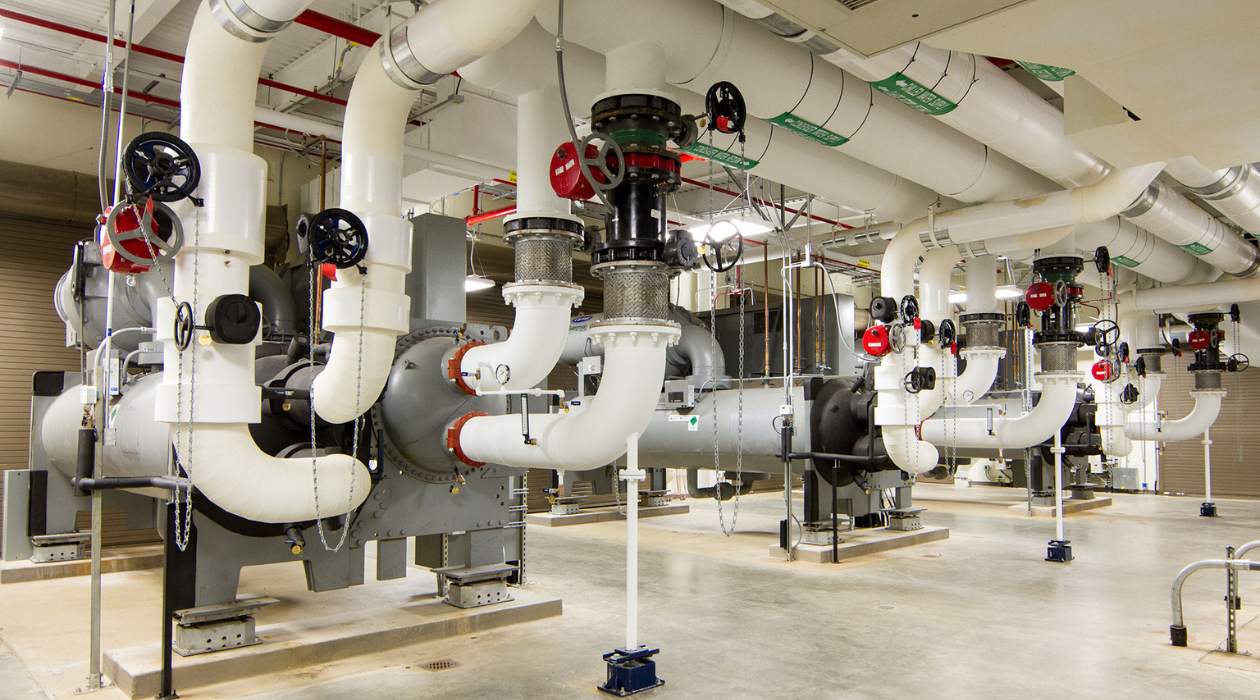

Articles
What Is Mechanical Plumbing
Modified: December 7, 2023
Discover the latest articles on mechanical plumbing and gain valuable insights into this essential aspect of building maintenance and design.
(Many of the links in this article redirect to a specific reviewed product. Your purchase of these products through affiliate links helps to generate commission for Storables.com, at no extra cost. Learn more)
Introduction
Welcome to the world of mechanical plumbing, where innovation and precision meet to provide efficient and reliable water distribution systems. Mechanical plumbing plays a vital role in various industries and sectors, ensuring the smooth flow of water and drainage in commercial buildings, hospitals, hotels, and many other establishments.
So, what exactly is mechanical plumbing? In this comprehensive guide, we will delve into the definition, roles, types, components, issues, and importance of proper installation and maintenance of mechanical plumbing systems.
Whether you are a business owner, a homeowner, or a plumbing enthusiast, understanding mechanical plumbing is crucial for maintaining a functional and efficient water distribution system. So, let’s dive in and explore the world of mechanical plumbing.
Key Takeaways:
- Mechanical plumbing is a specialized branch of plumbing that ensures efficient water distribution in commercial and industrial buildings. It requires skilled professionals to design, install, and maintain complex systems for optimal functionality and safety.
- Proper installation and regular maintenance of mechanical plumbing systems are crucial for energy efficiency, cost savings, and compliance with regulations. Investing in professional expertise ensures longevity, reliability, and the prevention of costly repairs.
Read more: What Are Mechanicals In Construction
Definition of Mechanical Plumbing
Mechanical plumbing refers to the specialized branch of plumbing that deals with the design, installation, and maintenance of water distribution, drainage, and ventilation systems in commercial and industrial buildings. It focuses on the mechanical aspects of plumbing, such as pumps, pipes, valves, and fixtures, to ensure the efficient and reliable flow of water.
Unlike residential plumbing, which primarily caters to individual homes and smaller-scale projects, mechanical plumbing is designed to meet the complex needs of larger structures. It involves the integration of various mechanical systems, such as heating, cooling, and fire suppression systems, into the overall plumbing network.
The role of a mechanical plumber goes beyond traditional plumbing tasks, as they need to have a strong understanding of mechanical engineering principles. They work closely with architects, engineers, and contractors to design and implement plumbing systems that meet building codes, industry standards, and the specific needs of the project.
One of the key features of mechanical plumbing is the use of specialized equipment and technology. This includes the installation of pumps and control valves to regulate water pressure, the utilization of advanced piping materials and insulation for improved efficiency, and the integration of automated systems for monitoring and controlling water flow.
Overall, the aim of mechanical plumbing is to ensure the reliable and efficient distribution of water throughout a building, while also considering factors such as sustainability, energy efficiency, and environmental impact. By employing innovative design techniques and cutting-edge technology, mechanical plumbing helps optimize the use of water resources and reduce the overall operational costs of a building.
Roles and Responsibilities of Mechanical Plumbers
Mechanical plumbers play a crucial role in the construction and maintenance of plumbing systems in commercial and industrial buildings. Their expertise goes beyond traditional plumbing tasks, as they are responsible for integrating various mechanical systems into the overall plumbing network. Here are some of the key roles and responsibilities of mechanical plumbers:
- Designing Plumbing Systems: Mechanical plumbers work closely with architects and engineers to design plumbing systems that meet the specific needs of the project. This includes determining the layout of pipes, valves, and fixtures, as well as calculating water flow rates and pressure requirements.
- Installing Plumbing Systems: Mechanical plumbers are responsible for the proper installation of plumbing systems in commercial and industrial buildings. This involves the installation of pipes, fittings, valves, and fixtures, as well as connecting them to water supply and drainage systems.
- Integrating Mechanical Systems: In addition to traditional plumbing tasks, mechanical plumbers are skilled in integrating mechanical systems such as heating, cooling, and fire suppression systems into the plumbing network. They must ensure seamless coordination between these systems to optimize their performance and efficiency.
- Testing and Inspecting: Mechanical plumbers conduct thorough testing and inspections to ensure the proper functioning of plumbing systems. This includes checking for leaks, monitoring water pressure, and verifying compliance with building codes and safety standards.
- Maintenance and Repairs: Mechanical plumbers are responsible for the maintenance and repairs of plumbing systems in commercial and industrial buildings. This includes routine inspections, cleaning, and servicing of pipes, valves, and fixtures, as well as troubleshooting and resolving any issues that may arise.
- Collaborating with Other Trades: Mechanical plumbers often collaborate with other trades, such as electricians, HVAC technicians, and construction workers, to ensure proper integration and functionality of various building systems.
Overall, mechanical plumbers play a vital role in ensuring the reliability, efficiency, and safety of plumbing systems in commercial and industrial settings. Their expertise in integrating mechanical systems, designing efficient layouts, and conducting thorough inspections and maintenance helps to create optimal water distribution systems for a wide range of applications.
Types of Mechanical Plumbing Systems
There are several types of mechanical plumbing systems used in commercial and industrial buildings, each designed to suit specific requirements. These systems ensure the efficient distribution of water, as well as the proper disposal of waste and the integration of mechanical components. Here are some of the most common types of mechanical plumbing systems:
- Potable Water Systems: Potable water systems are responsible for providing clean and safe drinking water to a building. These systems include water supply lines, storage tanks, and fixtures such as sinks and toilets. They are designed to meet specific health and safety regulations to ensure the quality of the water.
- Drainage Systems: Drainage systems are responsible for removing wastewater and sewage from a building. They include a network of pipes, traps, and vents that channel wastewater to the main sewer line or septic system. Proper design and installation are crucial to prevent blockages, leaks, and sewage backups.
- Fire Suppression Systems: Fire suppression systems, also known as sprinkler systems, are designed to detect and control fires in a building. These systems include pipes, sprinkler heads, and control valves that distribute water in the event of a fire. Mechanical plumbers play a crucial role in the installation and maintenance of fire suppression systems.
- Hydronic Systems: Hydronic systems involve the use of water as a medium to transfer heat, typically used in heating and cooling applications. These systems use boilers or chillers to heat or cool water, which is then circulated through pipes to provide radiant heat or cooling to a building’s interior. Mechanical plumbers are essential in designing and installing hydronic systems.
- Water Treatment Systems: Water treatment systems are responsible for filtering and purifying water to meet specific quality standards. These systems include filters, water softeners, and disinfection methods such as UV sterilization or chemical treatment. Mechanical plumbers ensure the proper installation and maintenance of water treatment systems.
Each type of mechanical plumbing system has its specific requirements, regulations, and considerations. Consequently, professional expertise is essential to ensure the proper design, installation, and maintenance of these systems, resulting in reliable and efficient water distribution throughout a building.
Mechanical plumbing refers to the systems that use mechanical components, such as pumps and valves, to transport fluids in a building. It is important to ensure proper maintenance and regular inspections to prevent any potential issues.
Components of Mechanical Plumbing Systems
Mechanical plumbing systems are comprised of various components that work together to ensure the efficient and reliable distribution of water, as well as the proper disposal of waste. These components include:
- Pipes: Pipes are the primary conduits that transport water throughout a building. They can be made of various materials such as copper, PVC, or PEX. Proper sizing, installation, and insulation of pipes are essential to prevent leaks, minimize pressure loss, and ensure optimal water flow.
- Fittings: Fittings are used to connect pipes and change their direction or diameter. Common types of fittings include couplings, elbows, tees, and valves. They are crucial for maintaining the integrity and functionality of a plumbing system.
- Valves: Valves are essential components that control the flow and pressure of water within a plumbing system. There are various types of valves, including gate valves, ball valves, and check valves. Valves allow for the isolation of specific sections of the plumbing system for maintenance or repairs.
- Fixtures: Fixtures are devices that allow users to access and utilize water in a building. They include sinks, toilets, showers, faucets, and water outlets. Fixtures are connected to the plumbing system through supply lines and drain lines.
- Pumps: Pumps are often used in mechanical plumbing systems to facilitate the movement of water. They are responsible for maintaining water pressure, overcoming elevation changes, and circulating water in hydronic systems. Pumps can be centrifugal or positive displacement, depending on the specific application.
- Water Heaters: Water heaters are used to heat water for domestic use or space heating. They can be tankless, storage-type, or heat pump water heaters. Proper sizing and installation of water heaters are crucial for ensuring a steady supply of hot water.
- Backflow Prevention Devices: Backflow prevention devices are essential components that protect the potable water supply from contamination. They prevent the reverse flow of water, ensuring that only clean water enters the plumbing system.
- Drainage and Ventilation Systems: Drainage and ventilation systems are designed to remove wastewater and sewer gases from a building. These systems include drain pipes, traps, and vents that ensure proper waste disposal and prevent foul odors and backflow.
Each component plays a crucial role in the functionality and efficiency of a mechanical plumbing system. Professional installation, maintenance, and regular inspections of these components are necessary to ensure optimal performance and the longevity of the plumbing system.
Read more: What Is A Mechanical Ventilation System
Common Issues and Challenges in Mechanical Plumbing
Mechanical plumbing systems, like any complex system, can experience various issues and challenges over time. These issues can impact the functionality, efficiency, and safety of the plumbing system. Some of the common issues and challenges in mechanical plumbing include:
- Leaks: Leaks are one of the most common issues in plumbing systems. They can occur in pipes, fittings, valves, or fixtures and can range from minor drips to major bursts. Leaks not only waste water but can also cause damage to the building structure if left unaddressed.
- Clogs: Clogs can occur in drain pipes due to the accumulation of debris, sediment, or grease. They can lead to slow drainage, backups, and foul odors. Regular maintenance, including drain cleaning and the proper disposal of waste, is essential to prevent clogs.
- Low Water Pressure: Low water pressure can be frustrating and can affect the functionality of fixtures and appliances. It can be caused by various factors, such as pipe corrosion, mineral deposits, or issues with the water supply. Identifying and resolving the underlying cause is crucial to restore proper water pressure.
- Backflow: Backflow occurs when contaminated water flows back into the potable water supply, posing a health risk. It can happen due to changes in water pressure, malfunctions in backflow prevention devices, or cross-connections between different plumbing systems. Regular testing and maintenance of backflow prevention devices are essential to prevent backflow incidents.
- Corrosion: Corrosion is a common problem in plumbing systems, especially in older buildings. Corroded pipes can develop leaks, affect water quality, and reduce the lifespan of the plumbing system. Proper pipe material selection, regular inspections, and timely repairs can help mitigate corrosion issues.
- Freezing Pipes: In colder climates, freezing pipes can be a significant concern. When water freezes within pipes, it expands and can lead to pipe bursts. Adequate insulation, heat tracing, and proper drainage are essential to prevent freezing pipes and the associated damage.
- Improper Installation: Improper installation of plumbing systems can lead to a wide range of issues, including leaks, low water pressure, and inefficient operation. It is crucial to hire experienced and qualified mechanical plumbers who adhere to industry standards and best practices.
Addressing these issues and challenges requires the expertise of professional mechanical plumbers. Regular maintenance, timely repairs, and proactive measures can help prevent these issues from occurring and ensure the smooth and reliable operation of your mechanical plumbing system.
Importance of Proper Installation and Maintenance
Proper installation and maintenance of mechanical plumbing systems are crucial for ensuring their long-term functionality, efficiency, and safety. Here are several reasons why proper installation and maintenance are of utmost importance:
- System Performance: Proper installation and regular maintenance help optimize the performance of mechanical plumbing systems. Well-designed systems with correctly sized pipes, efficient fixtures, and properly functioning components ensure reliable water distribution, drainage, and ventilation. This leads to improved functionality and overall system performance.
- Energy Efficiency: Properly installed and maintained plumbing systems are more energy-efficient. For example, inefficient piping layouts, leaks, or faulty valves can result in unnecessary water waste and increased energy consumption. Regular maintenance, including fixing leaks, insulating pipes, and optimizing water pressure, helps minimize energy usage and reduce operational costs.
- Prevention of Costly Repairs: Investing in proper installation and regular maintenance can help prevent major plumbing issues that can be costly to repair. Timely detection and resolution of minor issues, such as leaks or clogs, can prevent them from escalating into significant problems that require extensive repairs or even system replacements.
- Health and Safety: Mechanical plumbing systems can directly impact the health and safety of occupants. Proper installation and maintenance help ensure the delivery of clean and safe drinking water, as well as the proper disposal of wastewater. Additionally, regular inspections and testing of backflow prevention devices contribute to the prevention of cross-contamination of water sources.
- Compliance with Regulations: Building codes and regulations dictate specific standards for mechanical plumbing systems. Proper installation and maintenance ensure compliance with these regulations, helping to avoid legal issues, fines, or disruptions to business operations. It also ensures the health and safety of occupants and protects the integrity of the overall building infrastructure.
- Prolonged Lifespan: Well-maintained plumbing systems generally have a longer lifespan. Regular maintenance, including cleaning, inspections, and component servicing, helps identify and address potential issues before they cause significant damage. This proactive approach extends the lifespan of the plumbing system, saving both time and money in the long run.
In summary, proper installation and regular maintenance of mechanical plumbing systems are essential for their optimal performance, energy efficiency, cost savings, and adherence to regulations. By investing in professional installation and ongoing maintenance, you can ensure the longevity, reliability, and safety of your plumbing system while avoiding costly repairs and potential health hazards.
Conclusion
Mechanical plumbing is a specialized branch of plumbing that plays a vital role in the efficient and reliable distribution of water in commercial and industrial buildings. From designing and installing plumbing systems to integrating mechanical components and ensuring proper maintenance, mechanical plumbers are essential in creating functional and efficient water distribution networks.
Understanding the definition, roles, types, components, and challenges of mechanical plumbing is crucial for building owners, homeowners, and plumbing enthusiasts alike. Proper installation and maintenance of plumbing systems are of utmost importance to ensure optimal functionality, energy efficiency, and compliance with regulations.
By investing in professional installation, adherence to industry standards, and regular maintenance, you can prevent costly repairs, minimize water waste, and ensure the health and safety of building occupants. Additionally, proper installation and maintenance contribute to the prolonged lifespan of the plumbing system, saving you time and money in the long run.
Whether it’s the design of potable water systems, the integration of fire suppression systems, or the maintenance of drainage and ventilation systems, mechanical plumbers bring valuable expertise to ensure the smooth operation of plumbing systems in various industries and sectors.
In conclusion, mechanical plumbing is a critical component of modern infrastructure. It requires skilled professionals to design, install, and maintain plumbing systems that meet the specific needs of each building. By understanding the importance of proper installation and maintenance, we can appreciate the significance of mechanical plumbing in creating functional, efficient, and safe water distribution systems.
Frequently Asked Questions about What Is Mechanical Plumbing
Was this page helpful?
At Storables.com, we guarantee accurate and reliable information. Our content, validated by Expert Board Contributors, is crafted following stringent Editorial Policies. We're committed to providing you with well-researched, expert-backed insights for all your informational needs.
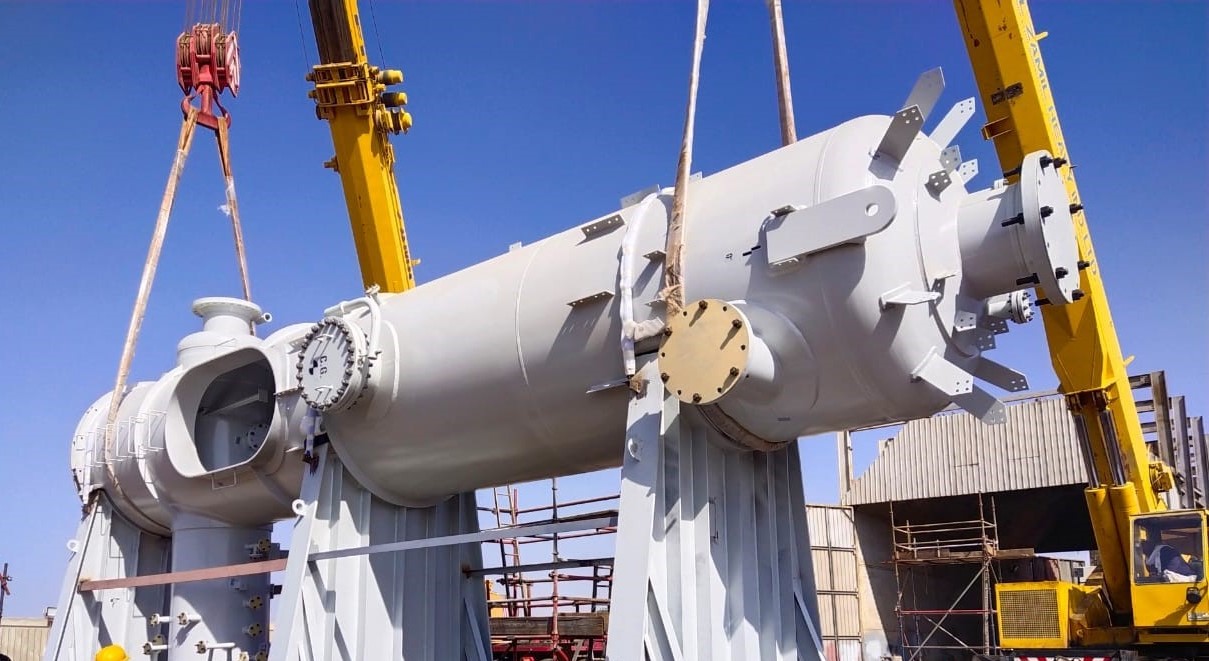
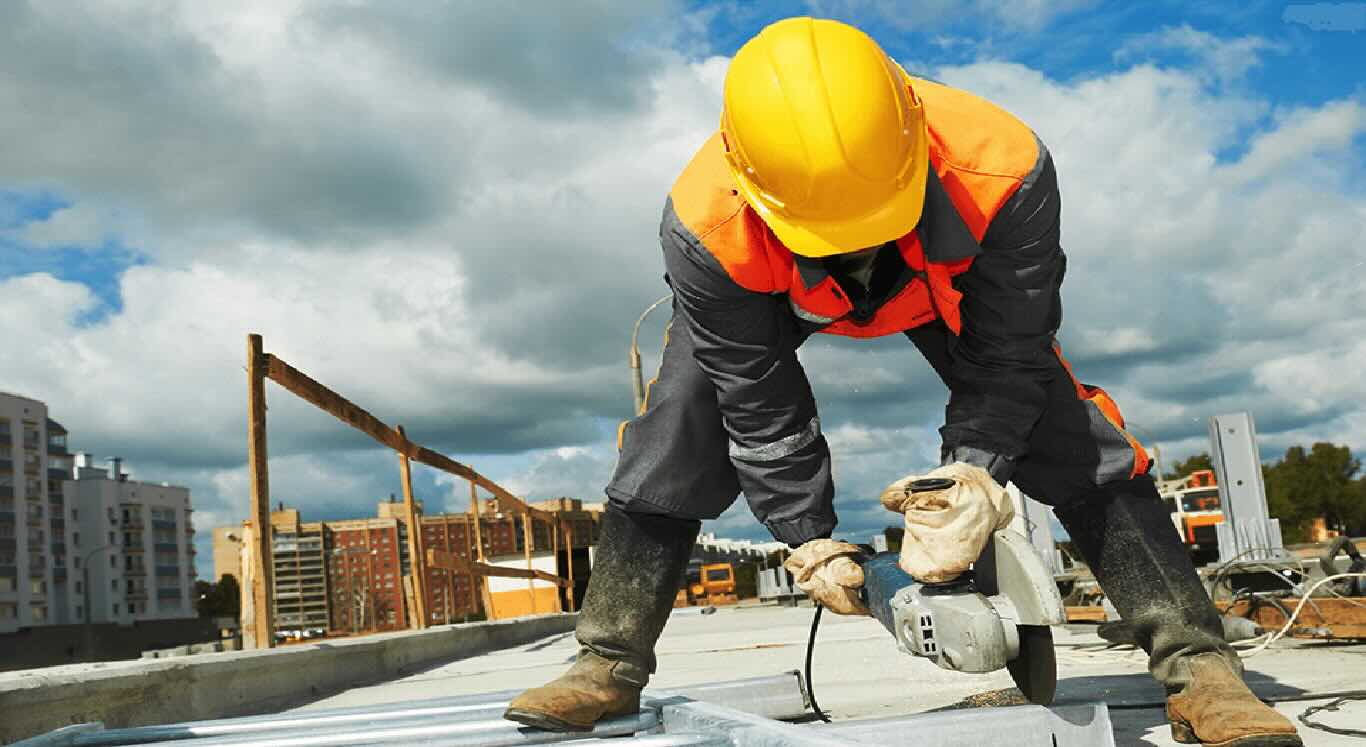
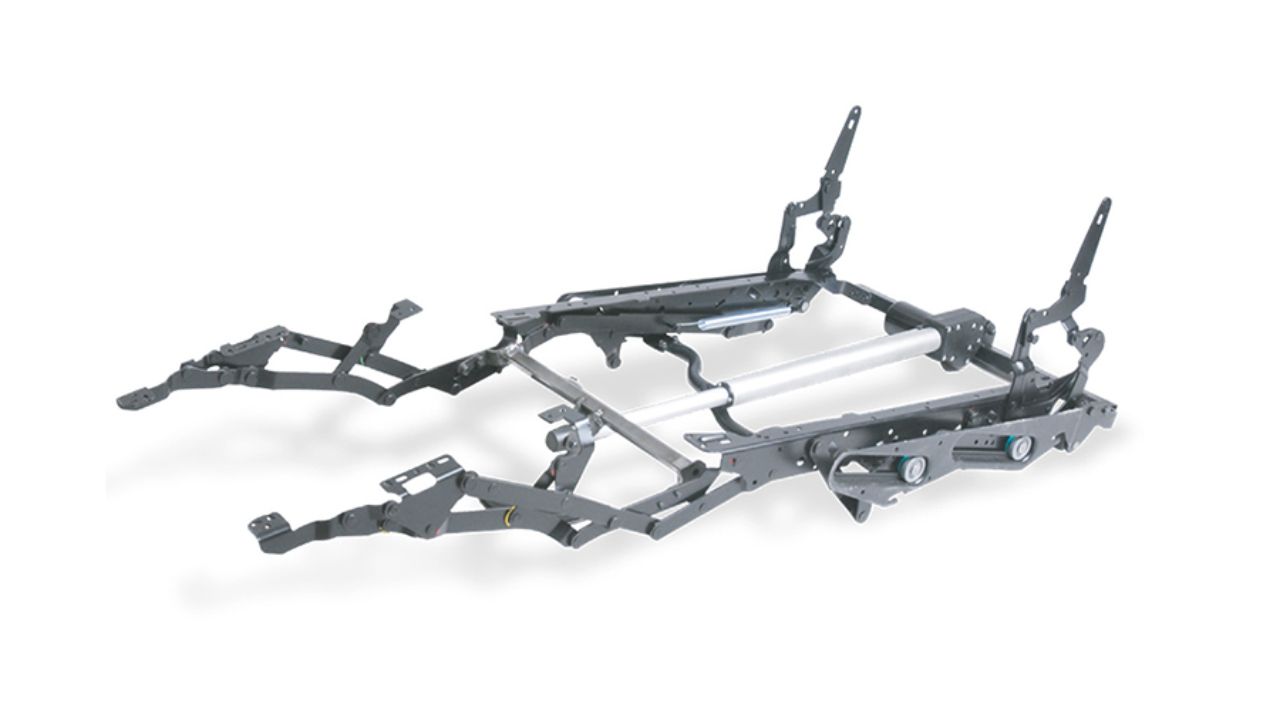
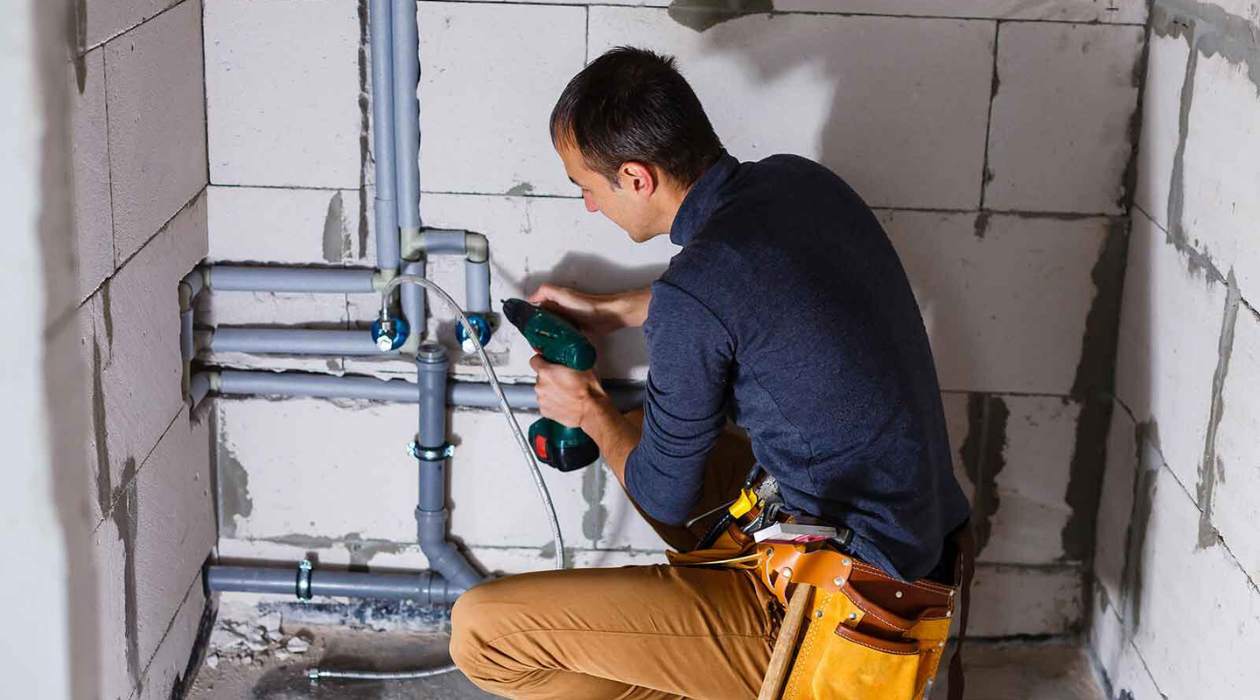
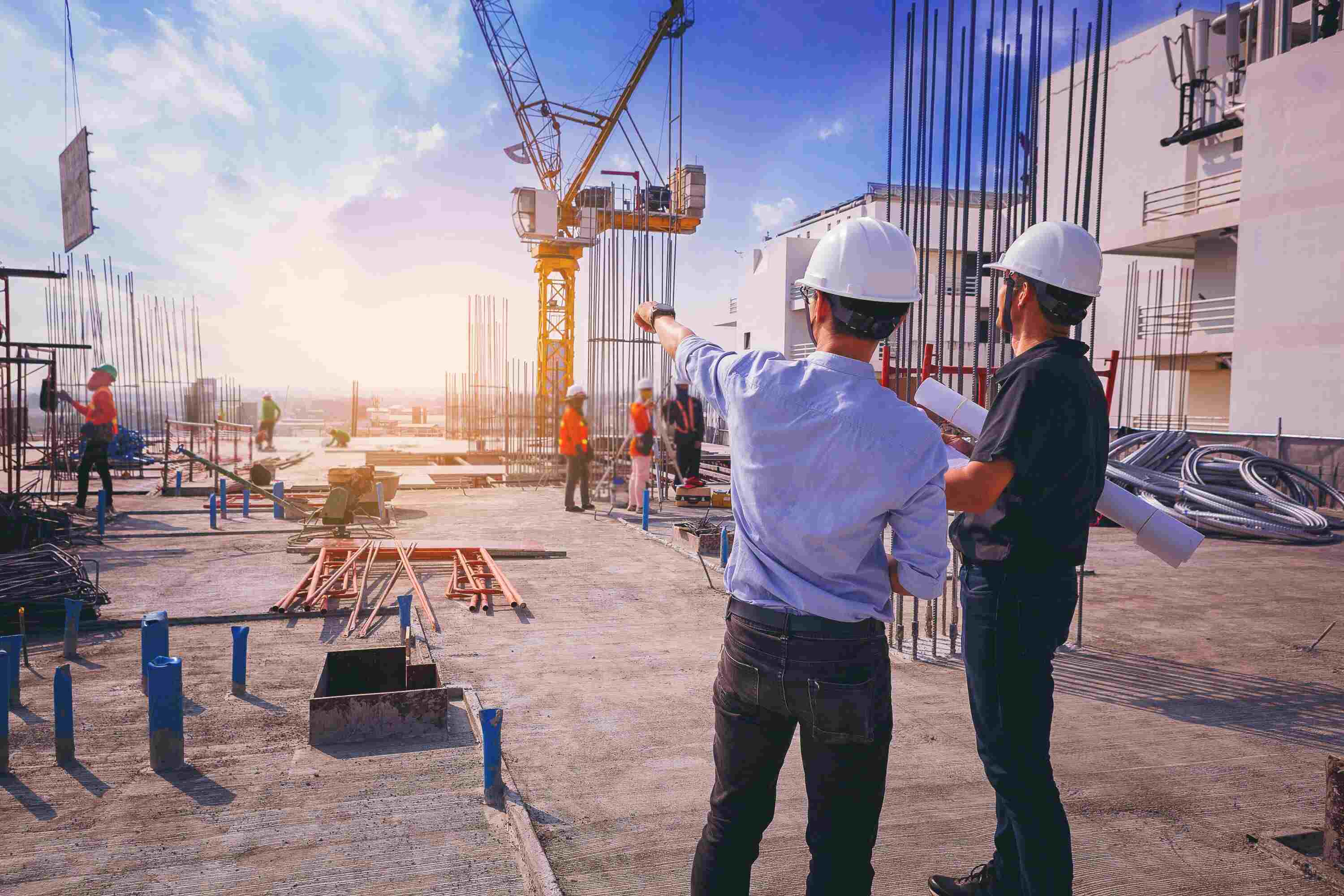
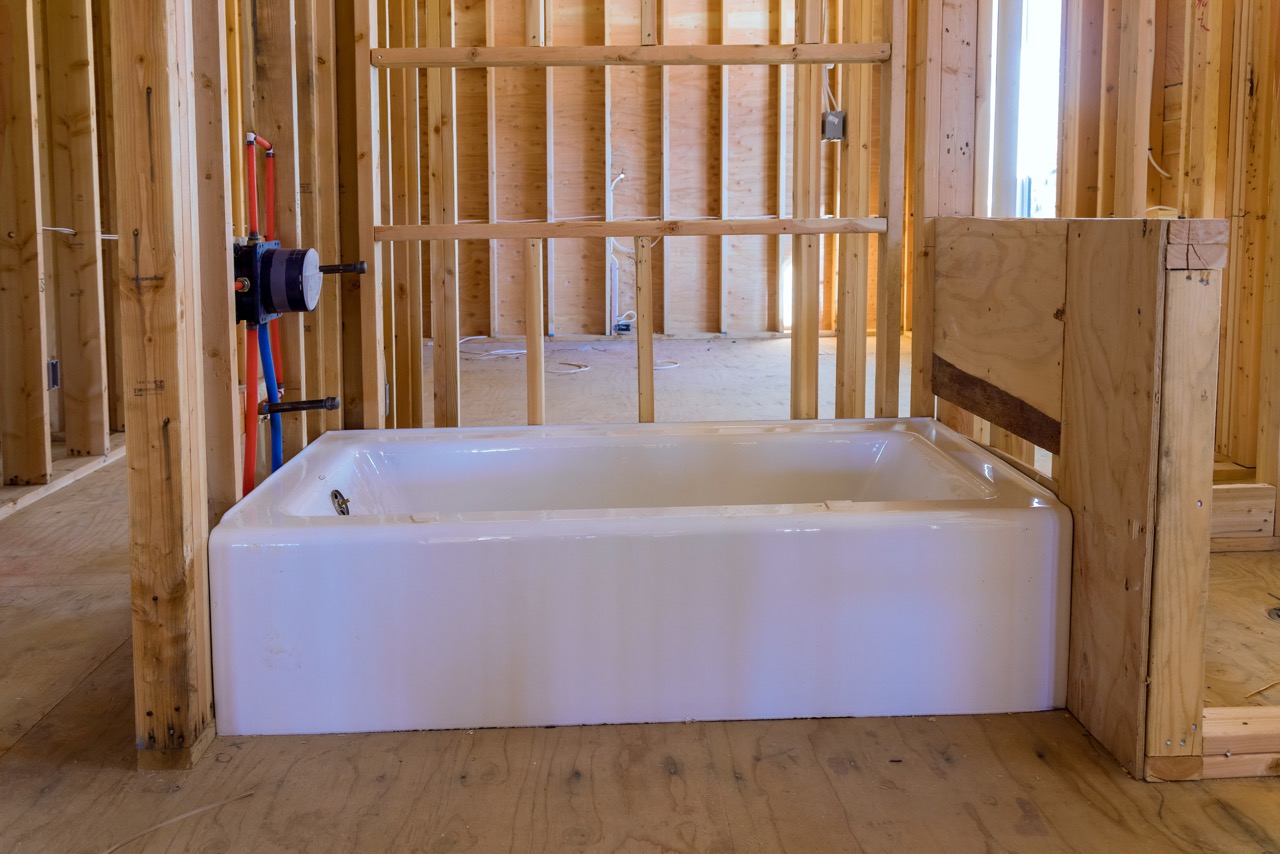
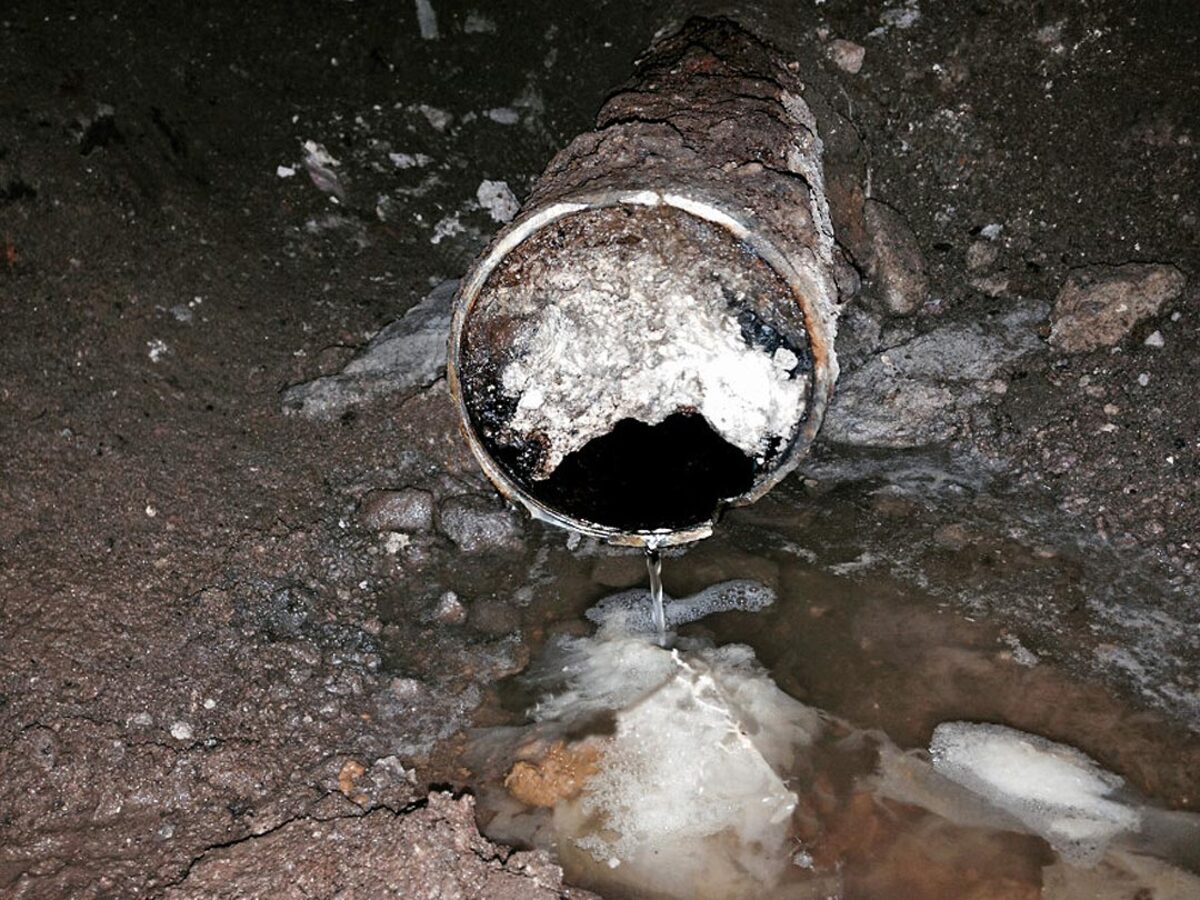
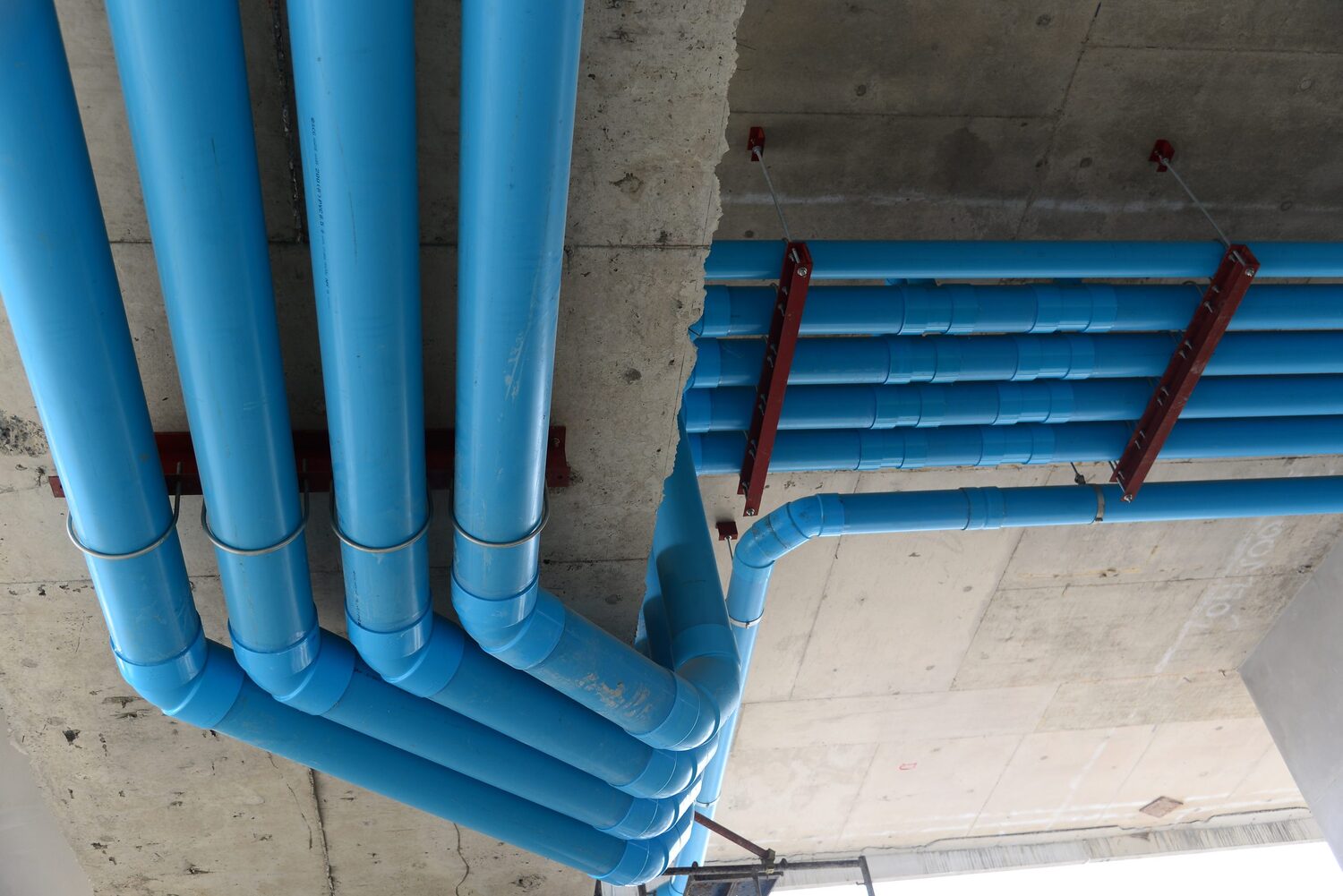
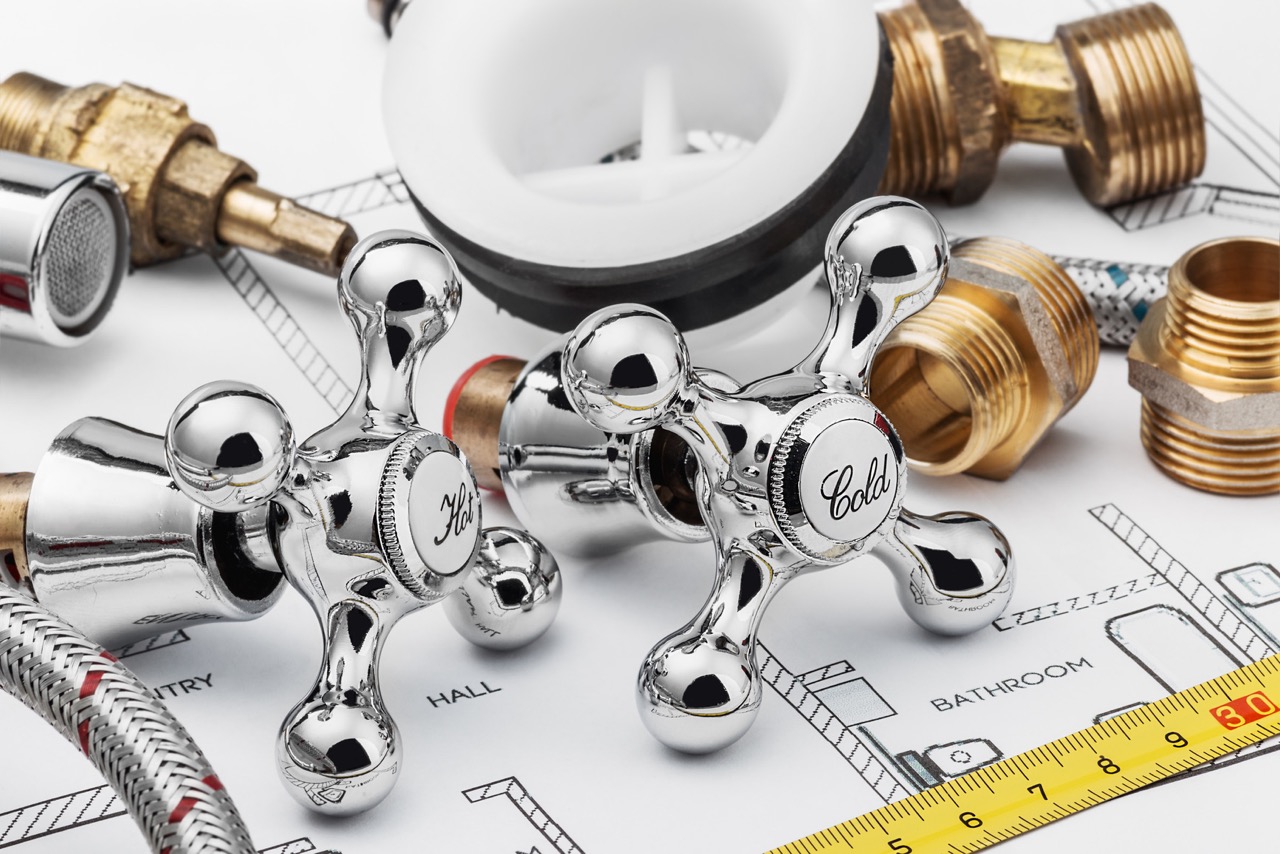
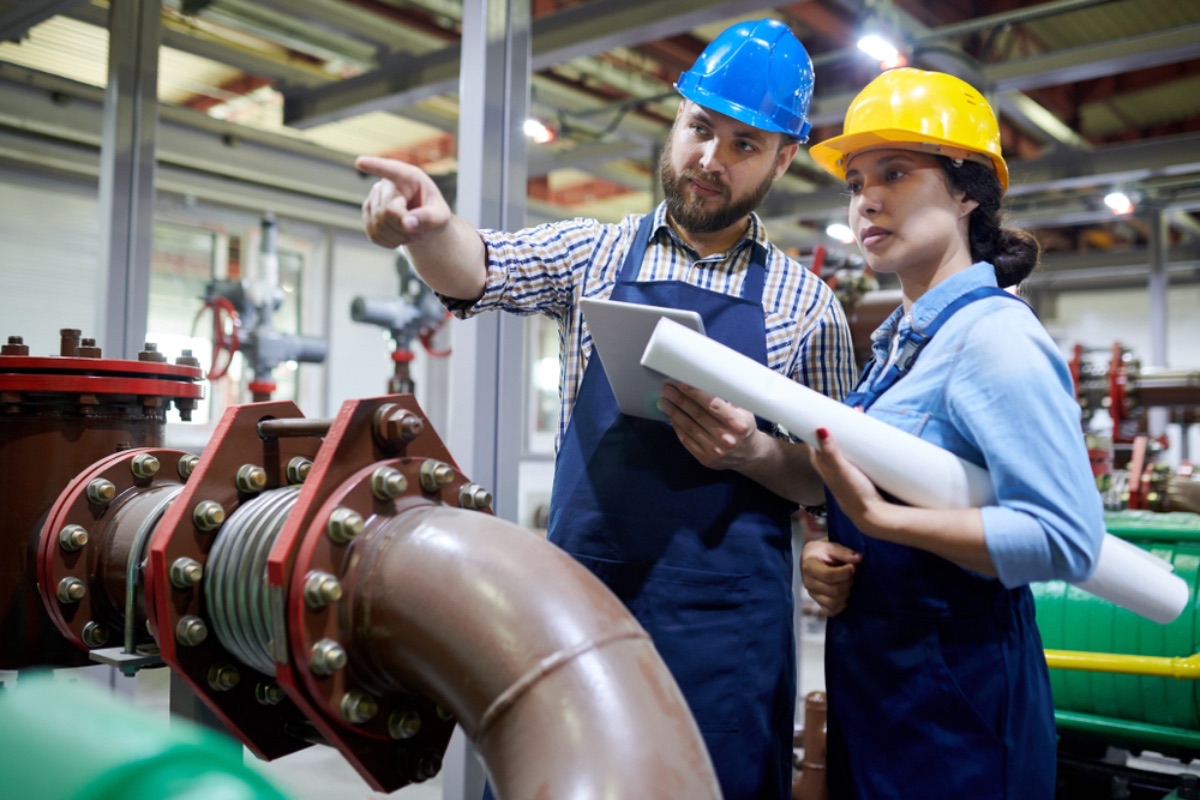
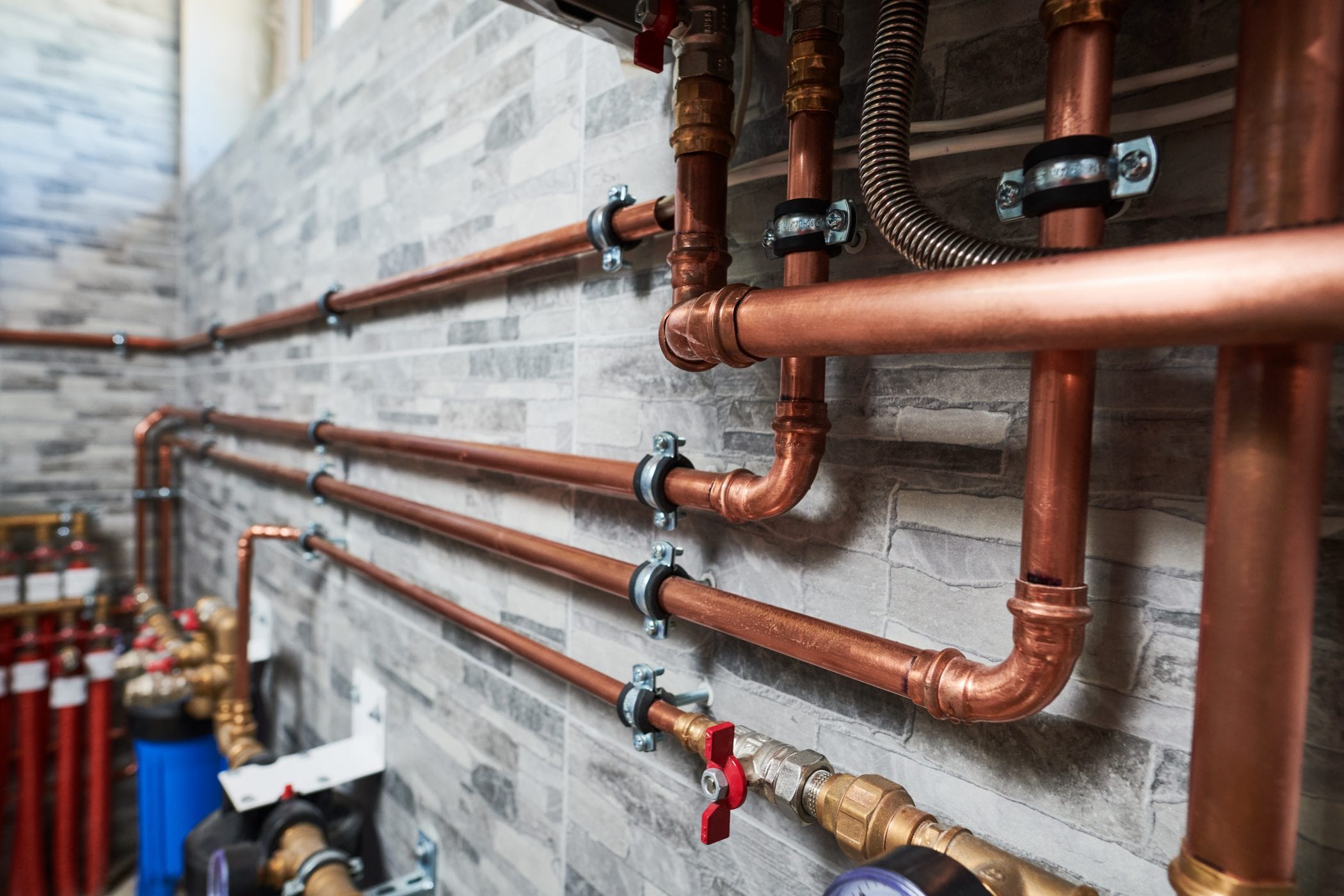
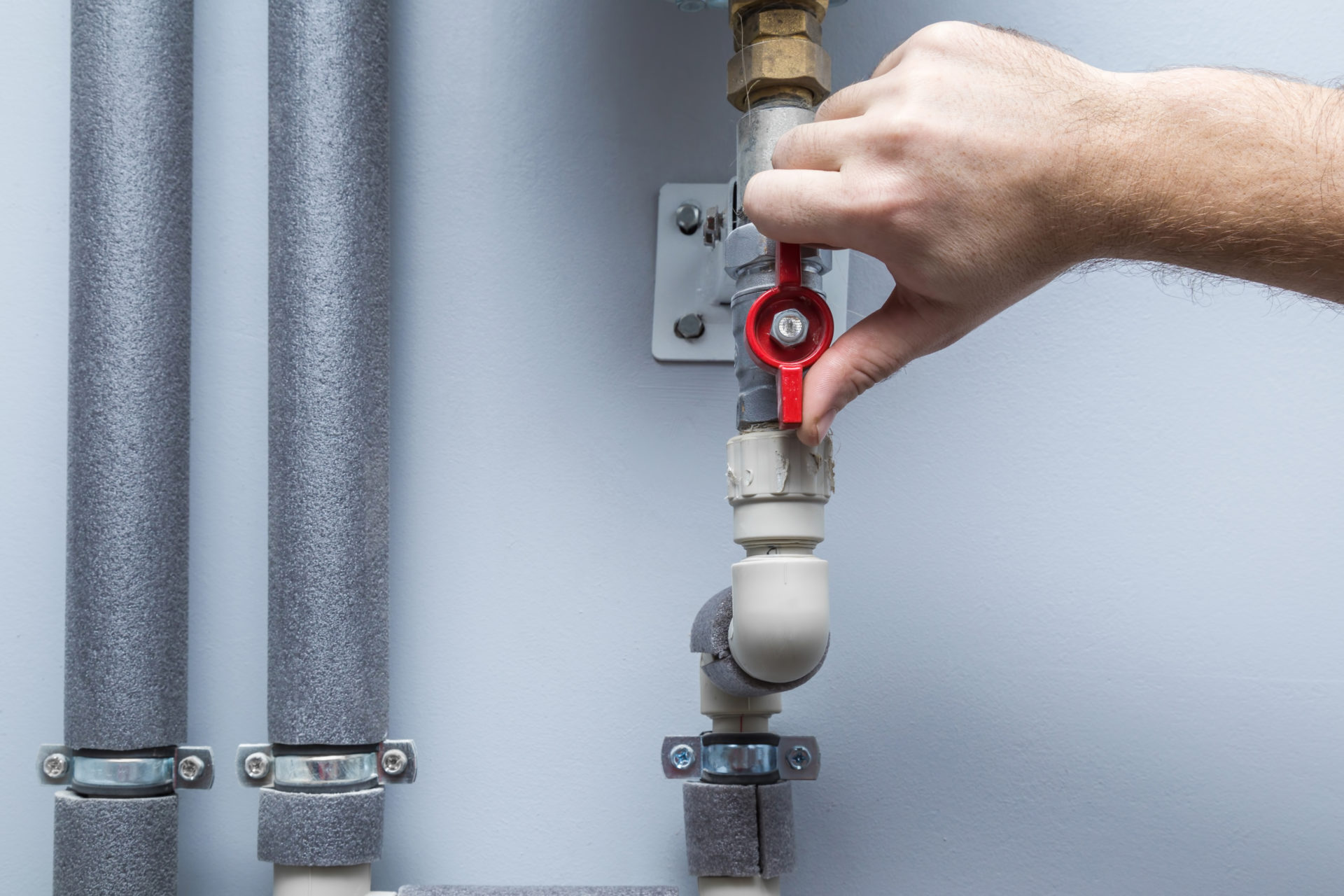
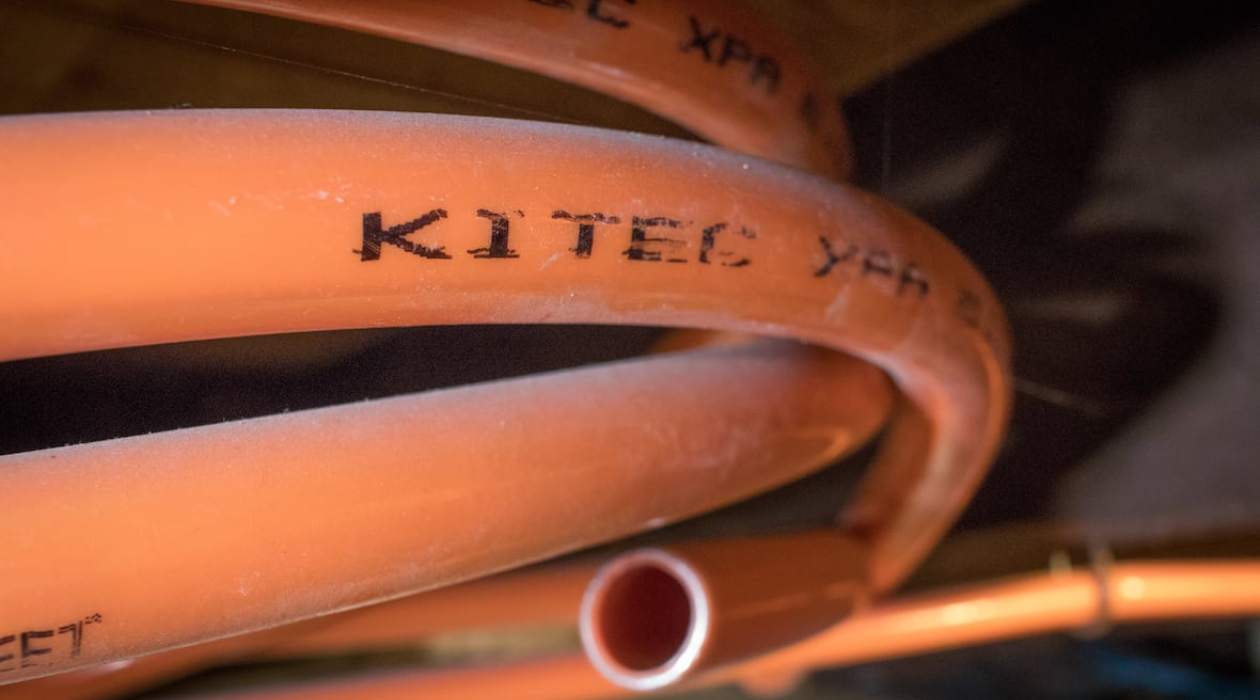
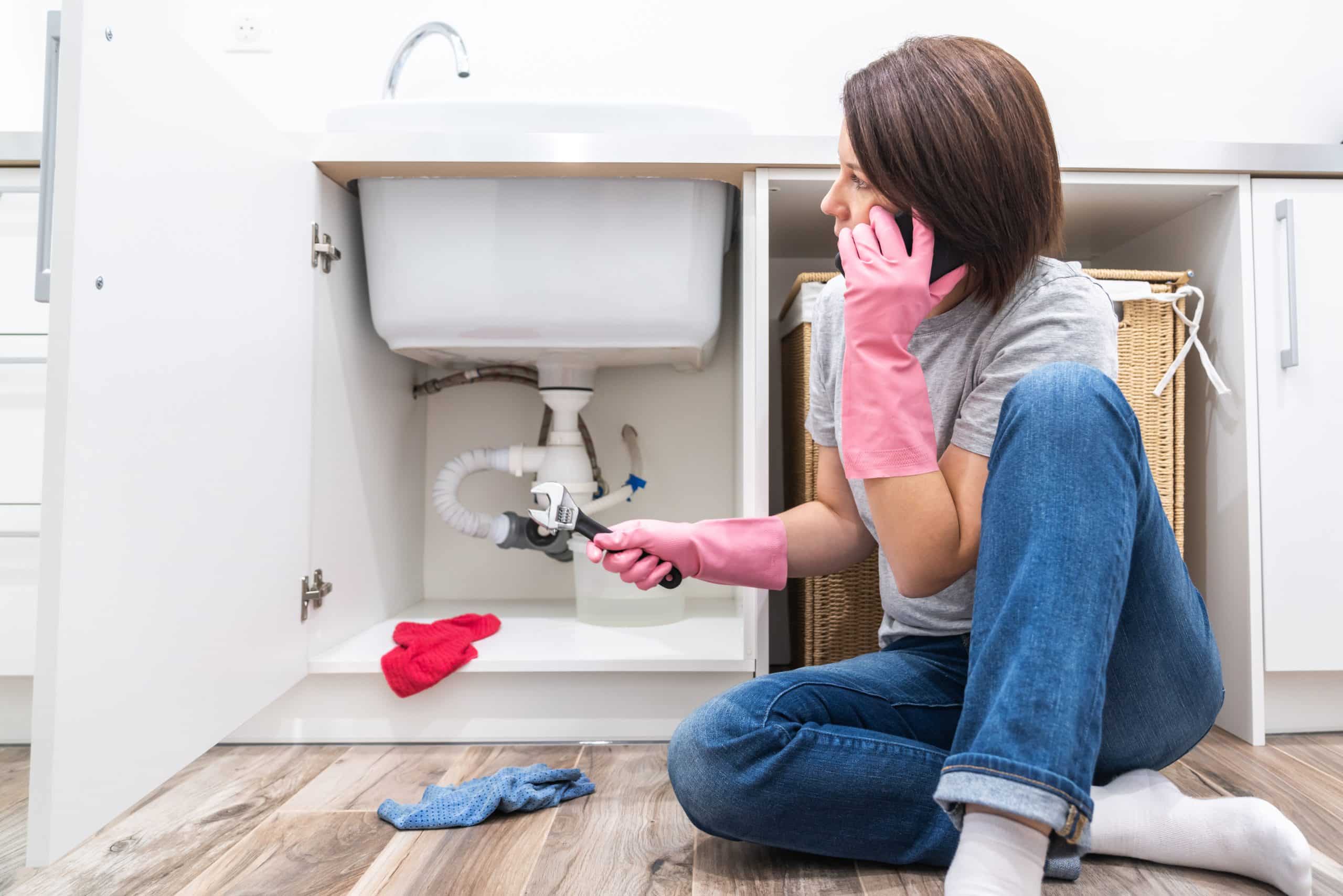

0 thoughts on “What Is Mechanical Plumbing”